Causes of the 2007-2008 U.S. Financial Crisis
Although we discussed some of the reasons why the U.S. economy has not recovered very robustly from the 2007-2008 financial crisis, we have not looked at exactly why the crisis happened. Since the reasons for the collapse are, I believe, quite a bit different from the reasons commonly given, and since the exact causes are relevant to the analysis of the Dodd-Frank Act and its effects, we must take a close look at the crisis in this post.
Commonly Believed Causes of the Crisis
I believe that it is universally accepted the proximate crisis cause was the bursting of a real estate bubble. The efforts for finding how we could prevent something like this from happening again should then be focused on what caused the bubble. It is at this point that people of differing ideological views begin to vigorously disagree. Those individuals and institutions that are predominantly progressive (most of the media, university faculties, and of course the Democratic party) are inherently predisposed to view any economic failure as a failure of capitalism and of the free-market. True to form, Democratic politicians and their media supporters wove a tale of investor and banker greed creating and selling subprime mortgages to poorer people who could not afford them. Since it was private bankers and financiers who were guilty of causing the subprime mess, government regulation would have to be crafted to regulate the private economy to, once again, save capitalism from itself. The primary response to this diagnosis was the Dodd-Frank Act, whose purpose was to regulate the behavior of financiers and bankers so that they never again could take risks considered unacceptable. In fact many critics would argue (as we shall see in a future post), that the law tried to remove financial risk-taking altogether.
The Leftist Error
As in many complicated arguments dealing with reality, although there might be some errors in reasoning, the most basic error in the progressive argument above lies in the argument’s premises. In February 2006, the Federal Reserve Bank of St. Louis published a paper entitled The Evolution of the Subprime Mortgage Market by Souphala Chomsisengphet and Anthony Pennington-Cross(SC&APC). If you dig deeply enough into the paper, you will see that very few institutions offered subprime loans in 1990, but by the end of the 1990s, most banks were creating such mortgages. In fact SC&APC state on page 36 of their report:
It was not until the mid- to late 1990s that the strong growth of the subprime mortgage market gained national attention.
So what happened between 1990 and the end of the 90s that caused the formation of subprime mortgages to bloom? Was capitalist greed suddenly switched on during that time period, or was something else at fault? That something else turns out to be exceedingly easy to find. You can find it exhaustively documented in references [E3] and [E4].
In the early part of the first Clinton administration (during which the Democratic Party controlled both houses of Congress), the Community Redevelopment Act of 1977 was amended to mandate that Fannie Mae and Freddie Mac ensure that at least 30% of mortgages purchased from originating banks be made to people at or below the median income level in their communities. This goal was subsequently increased to 56% by the department of Housing and Urban Development (See reference [E4, chapter 1]). Then, when banks were hesitant to make such subprime mortgages, congressional committees called in bank CEOs to threaten them into making the mortgages. The threat was that Congress would mandate regulations to ensure that banks would make the desired subprime mortgages. Once the banks discovered they could quickly get rid of these mortgages, bundled into mortgage backed securities, by selling them to Fannie Mae or Freddie Mac, the die was cast. Nevertheless, when the crisis was started by defaults on the subprime mortgages, the big banks were still caught with a large number of these mortgages on their books, threatening their existence.
This puts an entirely different light on what caused the “Great Recession”. Private banks did indeed originate almost all of the subprime loans, but it was not just greed that drove them. Fear of what the federal government could do to them if they did not toe the line was just as big a motivation. They could honestly say to the nation they were doing precisely what the government wanted them to do. What all this argues is that a better solution to the problem is not the Dodd-Frank Act (which has turned out to be a destructive force on the economy), but taking the government totally out of the housing market as a buyer of mortgages.
Views: 3,272























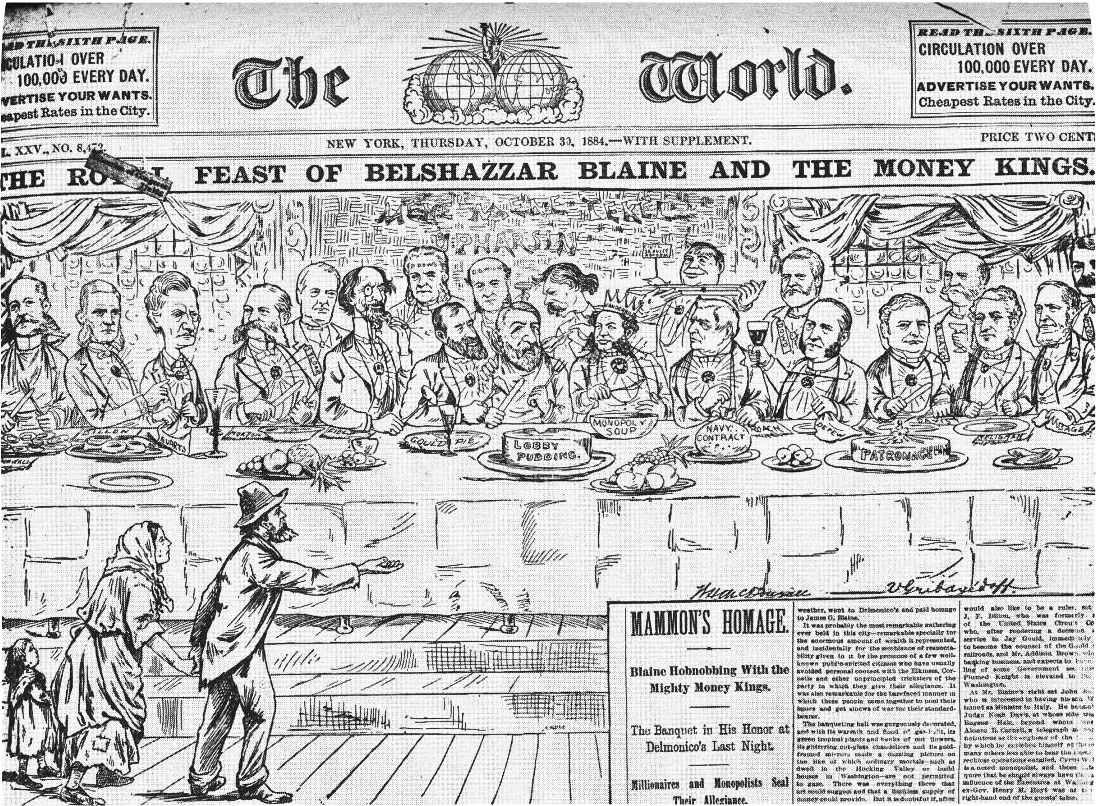
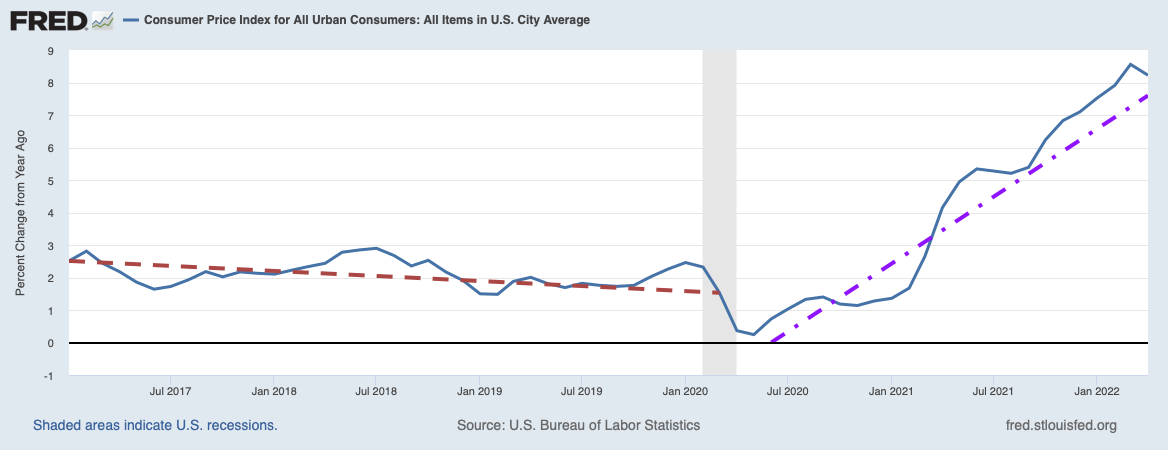

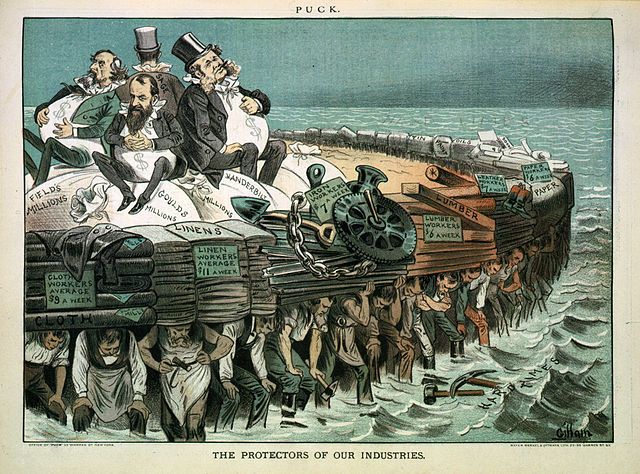

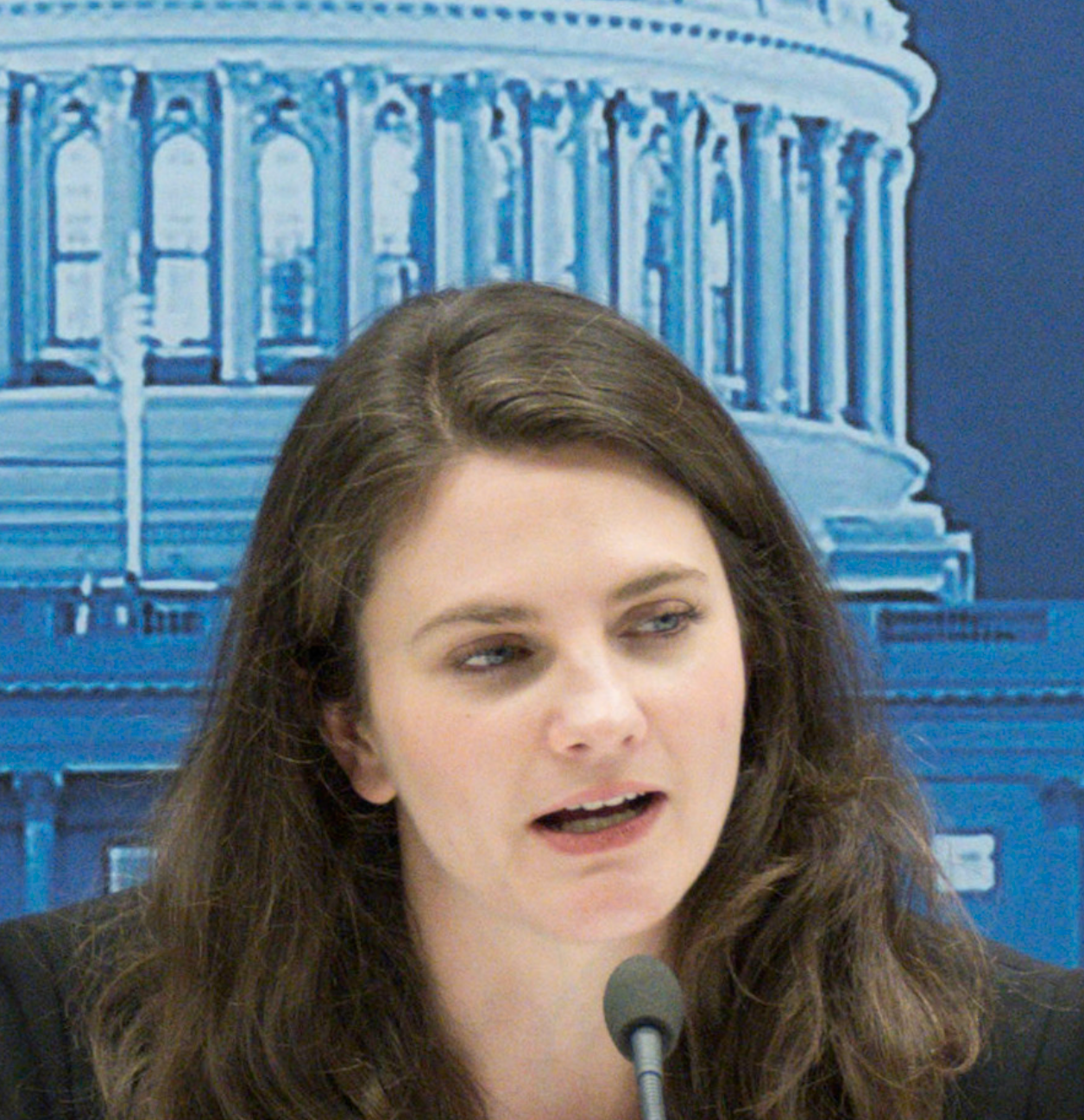
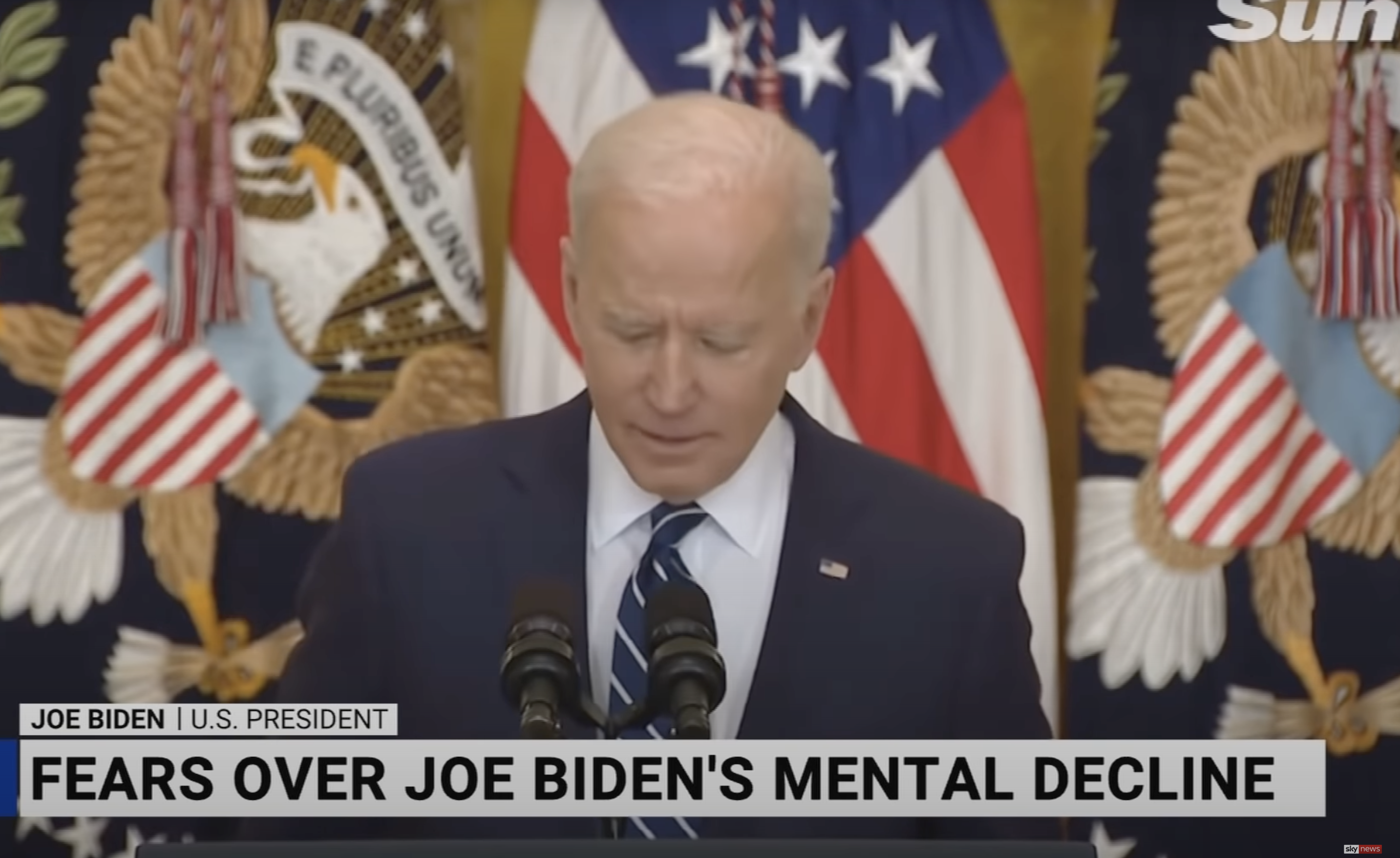
Since the real causes of the 2007-2008 “Great Recession” are not generally recognized, we are left exposed to a repeat of the disaster. It seems that the government is already repeating the actions that created the last economic catastrophe. Check out this link: http://www.foxbusiness.com/industries/2015/04/17/fannie-and-freddie-restart-risky-affordable-housing-programs/?intcmp=perspectives-horizontal
Isn’t this just one cause? Are you saying that this was the only one?
The federal governments policy of mandating sub-prime mortgages was a sine qua non. Without that policy there would have been no real estate asset bubble to burst and the crisis would not have happened. My wife and I are friends with a lady who was a loan officer in a small community bank in North Carolina during that period. At first they were not going to cooperate with the federal government in originating such mortgages. However, that bank was very quickly visited by federal officials who threatened to take away their FDIC charter if they did not start toeing the… Read more »
I’m also curious about your take on the statement by three out of four of the Republican commissioners for the FDIC report: “Credit spreads declined not just for housing, but also for other asset classes like commercial real estate. This tells us to look to the credit bubble as an essential cause of the U.S. housing bubble. It also tells us that problems with U.S. housing policy or markets do not by themselves explain the U.S. housing bubble.” Why exactly do you side with Wallison and believe the CRA was a “sine qua non”, rather than merely a secondary effect… Read more »
What the Republican commissioners were pointing to was that central banks are at least partially culpable for all asset bubbles like the housing bubble that burst in 2007-2008. An almost identical situation happened in Japan in the 1990s when real estate and stock market bubbles burst that were inflated by easy money provided by Japan’s central bank, the Bank of Japan. I have written about this in the post Echoes of the Great Depression: Japan. A little earlier in our history, the S&L crisis of the late 1980s is another example of a real estate bubble inflated by the Federal… Read more »
I don’t think it was a leftist’s error. It was the conventional wisdom of everyone that government backed mortgages could safely increase home ownership, and was championed by W. Bush. Are you suggesting he was a leftist?
If it was not the leftists, then who was it? Contrary to your assertion, Bush was definitely against using Fannie Mae and Freddie Mac to finance sub-prime mortgages. Consider this September 24, 2008 video, as well as posts here and here.
There is a general unease with F&F expressed but not really pursued by a handful of Republicans, but there are also the facts of Bush’s actions, which include GWB himself proposing *several* programs that would increase the government’s role in helping poor people get houses: https://georgewbush-whitehouse.archives.gov/infocus/achievement/chap7.html
Why would private issuers be pressured into making sub-prime loans by Fanny and Freddie’s activities? If I am selling a product and I see the government subsidizing a competitor, why would that cause me to sell more of that product? Was the government was making it impossible to do business as usual? How does underselling at the bottom end of the market make it impossible to do business for the other 95%?
Private issuers were pressured because it furthered U.S. government policy. And it was not a matter of the government subsidizing mortgage products with bank competitors! That was part of the beauty of the scheme, since the government was subsidizing the banks and other originators of sub-prime mortgages. The scheme was the banks would originate the loans, package them up in mortgage-backed securities and then sell them to Fannie Mae. As I mentioned in the post, Fannie Mae would accept those securities, only if they included mortgages to set fractions of people below the median income of their communities. In a… Read more »
For some reason my last lines from the reply above were cut off by the software. I finish the reply below. This discussion reminds me of something from my post Are We No Longer a Nation of Laws?. The post itself was one where I beat up (deservedly) Hillary Clinton. At the very end I was bewailing (as I often do) how far down Friedrich Hayek’s Road to Serfdom all this had shown us to have gone. For those unfamiliar with Hayek’s ideas on how totalitarian states arise, I embedded a video of a 1994 interview with Milton Friedman reminiscing… Read more »
Your story about the bank loan officer seems to contain innuendo. Why didn’t the bank would simply stop selling to the GSEs? There was no requirement for banks to use GSEs for a certain percentage of their business model. Is there an implication of illegal extortion in that story? It seems that the government was offering to buy a product that, in order to be produced at a certain volume, required fraudulent practices on the behalf of the private sector. You could say that the government bated them into committing the crime, but it did not force their hand. If… Read more »
For some reason my last lines from the reply below were cut off by the software. I finish the reply below. This discussion reminds me of something from my post Are We No Longer a Nation of Laws?. The post itself was one where I beat up (deservedly) Hillary Clinton. At the very end I was bewailing (as I often do) how far down Friedrich Hayek’s Road to Serfdom all this had shown us to have gone. For those unfamiliar with Hayek’s ideas on how totalitarian states arise, I embedded a video of a 1994 interview with Milton Friedman reminiscing… Read more »
If there were no GSEs and no government policy mandating sub-prime mortgages, the banks and other investors would never have originated such loans. Sub-prime loans are by their very nature extremely risky investments. It took overwhelming government pressure to get the banks to go along with government policy as it was. One reason that the banks did was because they knew they could package up those risky loans into mortgage-backed securities they could sell to the GSEs. In fact, the HUD requirement that 56% of mortgages financed by the GSEs be sub-prime loans was the main instrument by which the… Read more »